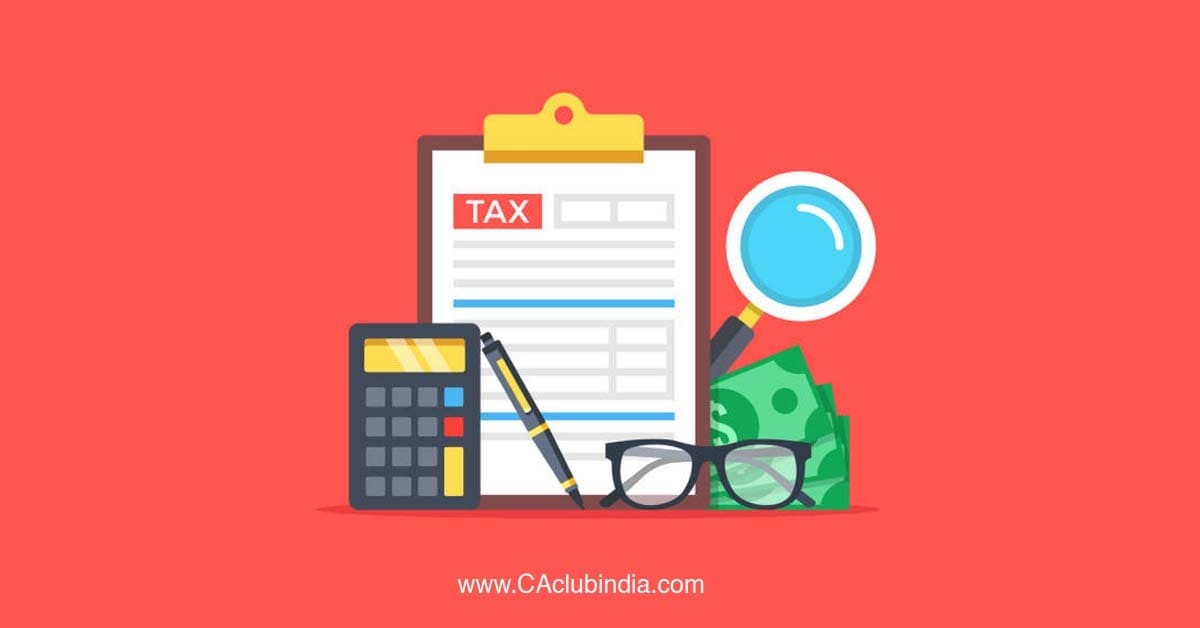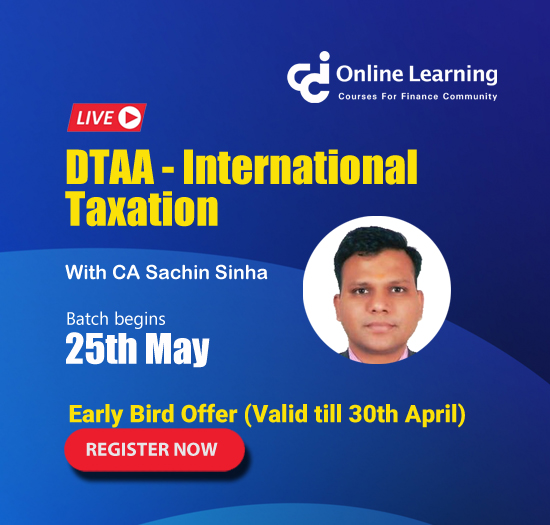The relationship between parents and children is selfless and limitless. Parents go the extra mile when it comes to spending money for the well-being of their children. Indian parents spend a huge amount for making savings for their children, investing in their name, spending on their education or at medical care as well.
Parents don't think of tax benefits while spending money on their children, however, much of their spending on the children are also eligible for tax deductions. Here we have covered 10 tax benefits that parents can claim for the expenditures incurred or the investments made in the name of their children.
1. Children's education allowance
Employers offer children education allowance as a component of salary. Children education allowance received by an employee is exempt from tax if the assessee incurs expenditure on the education of his children. This allowance is exempt up to Rs. 100 per month per child for a maximum of 2 children. The amount of exemption is Rs. 100 per month or Rs. 1,200 per annum per child. Thus, the maximum deduction for this allowance can be claimed up to Rs. 2,400.

2. Children's hostel allowance
Similar to education allowance, children's hostel allowance is granted to meet the hostel expenditure of children. It is exempt up to Rs. 300 per month per child for a maximum of 2 children. The maximum amount exempt is up to Rs. 300 per month or Rs. 3,600 per annum per child. Thus, the maximum deduction for this allowance can be claimed up to Rs. 7,200.
3. Tuition fees
The amount paid by an individual as tuition fees to any university, college, an educational institution in India for full-time education of his 2 children qualifies for deduction under Section 80C. The deduction is allowed only for full-time education in a formal educational institute. No deduction is allowed for the tuition fees paid in any coaching institute.
The 'tuition fee' does not include any amount paid by the individual towards development fees, donations or payment of similar nature to the educational institute. Thus, transportation charges, hostel charges, mess charges, library fees, parking charges, etc. are not eligible for deduction under Section 80C.
4. Payment for Insurance Schemes
The deduction is allowed under Section 80C for investing the amount in the life insurance policies, ULIP plans, deferred annuity or annuity plans. The deduction up to Rs. 1,50,000 is allowed even if the assessee invests the sum for the benefits of his children.
5. Contribution to PPF
Public Provident Fund (PPF) scheme is a popular long term investment-cum-tax saving option. PPF offers an investment avenue with decent returns coupled with income tax benefits.
An individual is eligible to claim a deduction for the amount contributed to the PPF scheme. The assessee can claim the deduction for depositing up to Rs. 1,50,000 in the PPF account maintained for children.
6. Contribution to Sukanya Samriddhi Scheme
The Sukanya Samriddhi Account is designed to provide a bright future for the girl child. The account offers a higher interest rate along with tax benefits. The amount up to Rs. 1,50,000 contributed by the assessee in Sukanya Samriddhi Scheme of his 2 girl children qualifies for deduction under Section 80C.
7. Payment for health Insurance premium or preventive health checkup
The amount paid for the medical insurance policy is allowed as a deduction under Section 80D. The deduction up to Rs. 25,000 is allowed to an individual for taking a health insurance policy for dependent children. The deduction up to Rs. 5,000 is also allowed for the amount paid towards preventive health check-ups of dependent children.
8. Medical treatment of person with disability
The deduction under Section 80DD is allowed to a resident individual for incurring medical expenditure or paying an insurance premium for the benefit of children suffering from a disability. The deduction of Rs. 75,000 is allowed if an individual is suffering from a disability. However, this amount is Rs. 1,25,000 if a person is suffering from a severe disability.
9. Medical Treatment for specified disease or ailment
The deduction under Section 80DDB is allowed for the amount incurred for the medical treatment of prescribed disease or ailment. The deduction can be claimed for the amount incurred on children for the actual amount spent or Rs. 40,000 whichever is lower. The limit is Rs. 1,00,000 where the amount is paid for the treatment of senior citizens.
10. Interest paid on education loan
The deduction is allowed under Section 80E to an individual taxpayer for the payment made towards the interest on a loan taken from any financial institution or approved charitable institution for the higher education of his children.
The deduction is allowed if the loan is taken to pursue higher education or its equivalent from any school, board, university. It can be for the education of the taxpayer himself or his relative.
This deduction shall be available to the parent, only if he pays the interest from his bank account. If the child himself pays the EMI towards the education loan, no deduction shall be allowed to the parent.





 CAclubindia
CAclubindia


